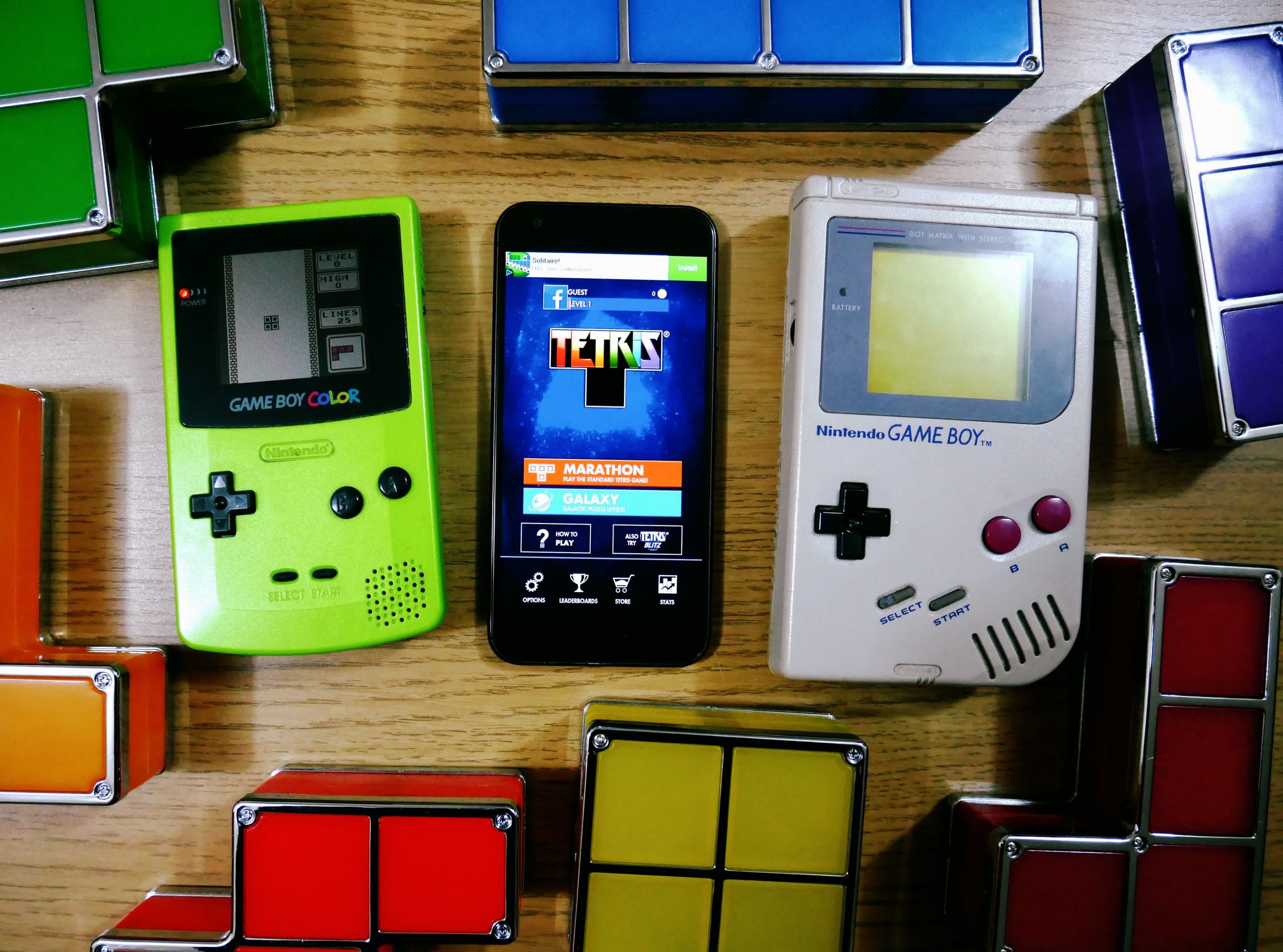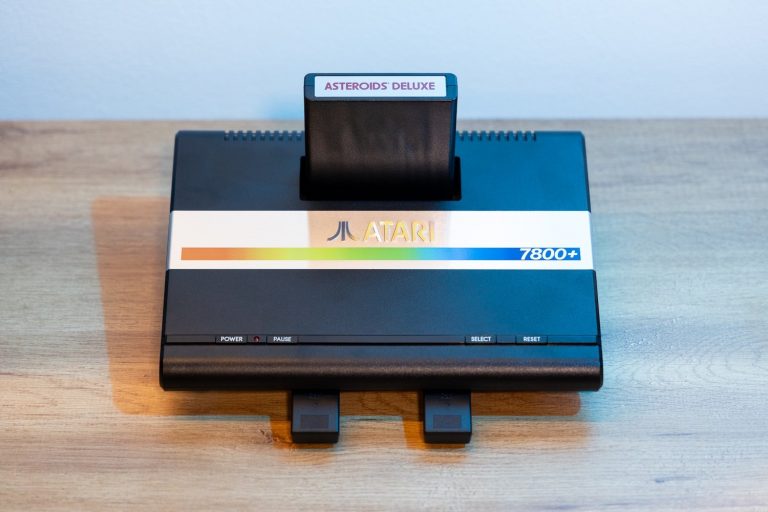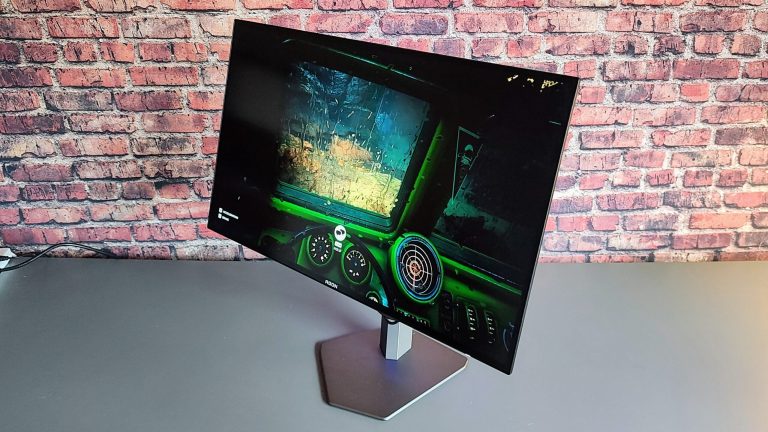Unlocking the Power of the Game Boy: The Unforgettable Journey of the Iconic Nintendo Handheld

The Game Boy: A Legacy of Innovation and Gaming
The Game Boy: a name that evokes nostalgia and excitement for gamers of all ages. For two generations, the Game Boy was the go-to portable gaming system, revolutionizing the way we play games on-the-go. In this article, we’ll delve into the history of the Game Boy, exploring its impact on the gaming industry and its lasting legacy.
The Birth of a Revolution
The Game Boy was born in the mid-1980s, when Nintendo’s R&D1 division started developing a new handheld console that would play games like the ones on its popular NES console. The mission was clear: create a portable gaming system that was simple, reliable, and fun. The result was the Game Boy, launched in 1989.
One of the key design decisions was to use a monochrome display, which allowed for longer battery life and a lower price point. This bold move paid off, as the Game Boy quickly became a hit, selling millions of units worldwide.
A Console for the Masses
The Game Boy was designed to be a simple, user-friendly console that could be enjoyed by anyone. Its games were designed to be easy to pick up, with intuitive controls and addictive gameplay. Pokémon, in particular, became a massive hit, sparking a global phenomenon that extended the Game Boy’s popularity well beyond its initial launch.
The Game Boy’s success can be attributed to its ability to democratize gaming, making it accessible to a wide audience. The console’s portability and affordability made it possible for people from all walks of life to enjoy games, whether on the go or at home.
Impact on the Gaming Industry
The Game Boy’s influence on the gaming industry is still felt today. Its innovative design and focus on portability set the stage for future handheld consoles, such as the Game Boy Advance, Nintendo DS, and, more recently, the Nintendo Switch.
The Game Boy’s impact extended beyond the gaming world, too. Its success paved the way for other portable gaming platforms, such as PlayStation’s PlayStation Portable and Nintendo’s Switch, which brought console-quality gaming to the masses.
Legacy of Innovation
In 1998, the Game Boy Color was released, offering a wider color palette and more powerful processing power. This was followed by the Game Boy Advance, which built upon the success of the original with a new 16-bit processor and a wider range of games.
Today, the Game Boy’s legacy continues to inspire new generations of gamers and developers. The Nintendo Switch, with its hybrid design, is a direct descendant of the Game Boy’s innovative spirit. The Switch’s portability and versatility have revitalized the gaming industry, making it more accessible than ever.
Conclusion
The Game Boy’s impact on the gaming industry is undeniable. Its legacy is marked by its commitment to simplicity, innovation, and fun. As we look to the future, it’s clear that the Game Boy’s influence will continue to shape the gaming landscape.






